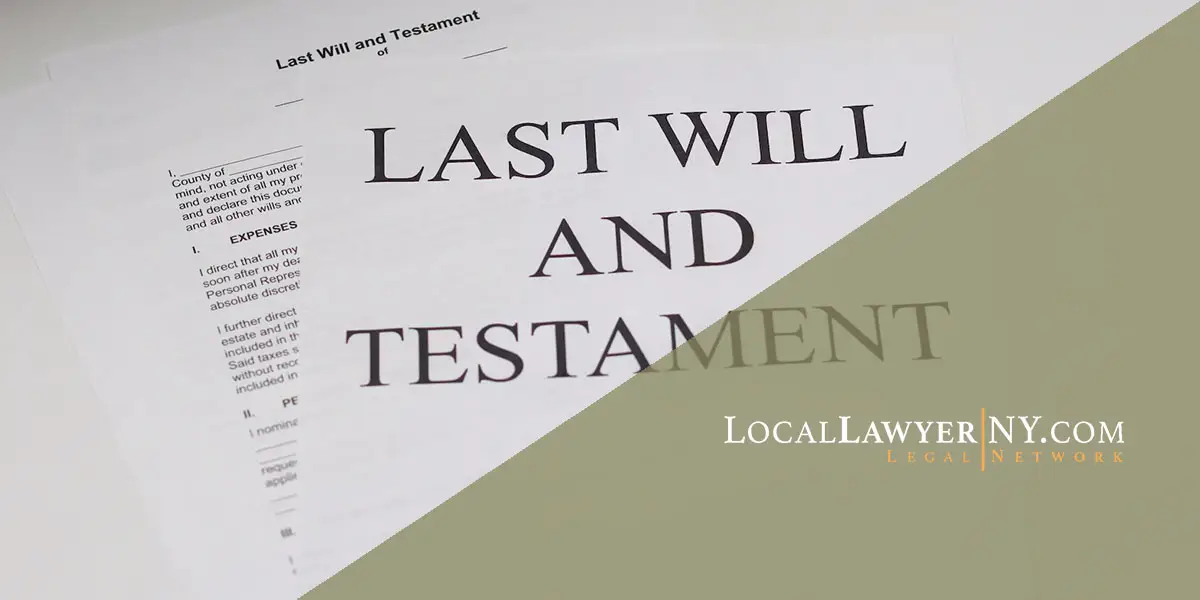Author: Viktoriya Samoylova
Estate planning
Estate planning refers to arranging and managing your assets, financial affairs, and personal matters during your lifetime and after your death. It involves creating a comprehensive plan that outlines how you want your assets to be distributed, who will manage your affairs, and how your healthcare decisions will be made if you become incapacitated.
Estate planning is not limited to individuals with significant wealth or complicated estates; it is relevant for anyone who wants to ensure their wishes are carried out and their loved ones are cared for. It involves making important decisions and documenting them in legally binding instruments such as wills, trusts, powers of attorney, and healthcare directives.
The key objectives of estate planning include:
Asset distribution:
You determine how your assets, including financial accounts, real estate, investments, business interests, and personal belongings, will be distributed among your chosen beneficiaries after your death.
Guardianship:
We designate guardians for minor children or dependents who may require ongoing care and support.
Minimizing taxes and expenses:
You are employing strategies to minimize estate taxes, probate fees, and other costs of transferring your assets to the next generation.
Healthcare decisions:
You are outlining your preferences for medical treatment and end-of-life care and appointing a trusted individual to make healthcare decisions if you cannot.
Business succession planning:
You are ensuring a smooth transition of your business interests, defining the roles of successors, and securing the continuity and long-term viability of the business.
Charitable giving:
We are incorporating philanthropic goals by making provisions for charitable donations or establishing charitable trusts or foundations.
Conclusion
To effectively carry out estate planning, seeking guidance from professionals such as estate planning attorneys, financial advisors, and tax experts is advisable. They can provide expertise and help tailor a plan that meets your unique needs and goals, taking into account legal requirements and potential tax implications. In addition, regular reviewing and updating of your estate plan are essential to ensure it remains current and aligns with any changes in your personal or financial circumstances.


